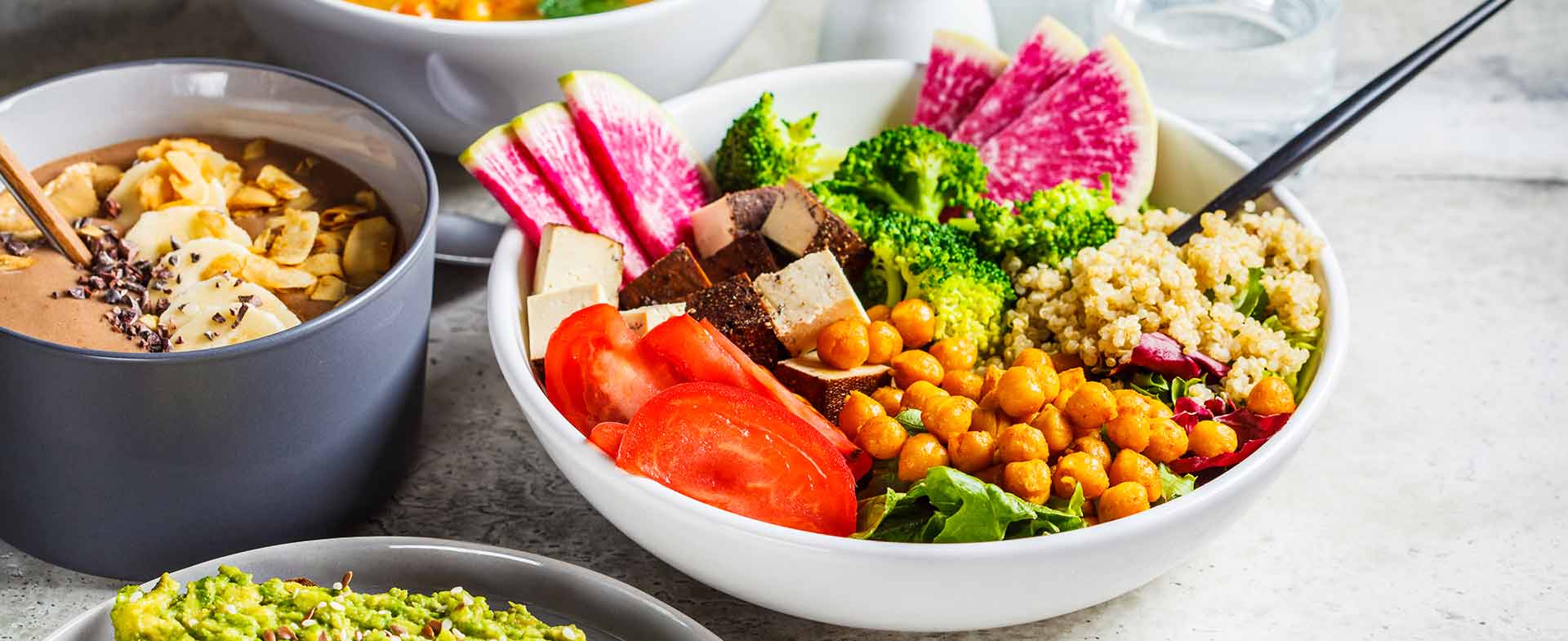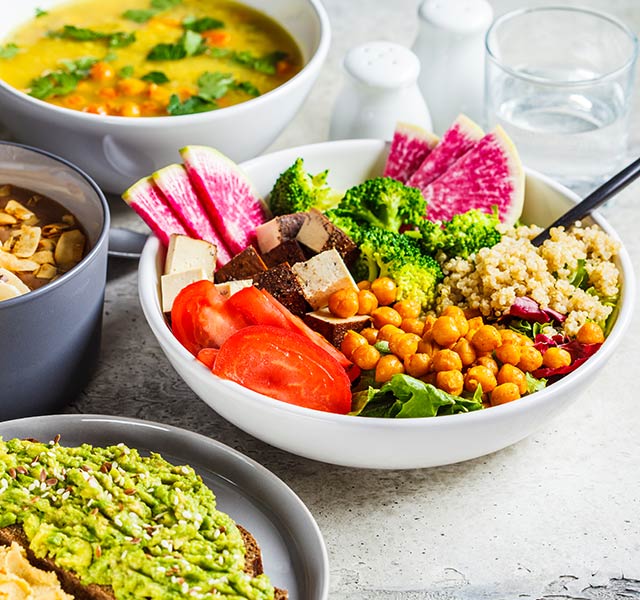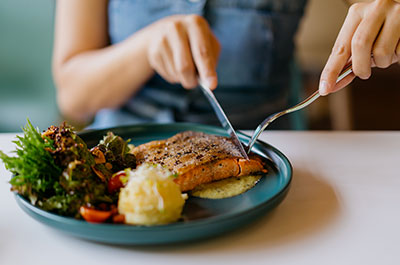You may already know what nutrition research has confirmed: Your diet can impact your heart health. Foods high in saturated fat and sodium can increase your risk of heart disease. That means limiting or avoiding many fried and processed foods.
But you can still enjoy a flavorful diet and protect your heart with superfoods. These foods contain nutrients to prevent or manage conditions that increase the risk of heart disease. Superfoods can help control high blood pressure (hypertension), high cholesterol and diabetes.
“Beets, brussels sprouts, salmon and black beans are examples of superfoods that reduce the risk of heart disease. But they can’t do the job on their own. The key to improving your heart health is to add these foods into a well-balanced diet combined with regular exercise,” says Sarah Hutchinson, RDN, a registered dietitian at Henry Ford Health.
Hutchinson offers a list of foods that offer an extra boost to your heart health:
- Cruciferous vegetables: Broccoli, brussels sprouts, asparagus and cabbage contain potassium, which decreases blood pressure. They also contain soluble fiber, which naturally lowers cholesterol. Over time, if cholesterol is not managed, it can build up and increase the risk of coronary artery disease. These vegetables also contain phytonutrients, which are thought to reduce overall inflammation.
- Onions and garlic: These vegetables contain antioxidants that lower blood pressure. You can enjoy an even greater benefit if you cut them 30 minutes to an hour before you’re ready to eat. This preparation doubles the antioxidant quality. Research also suggests that garlic supplements offer a similar boost to heart health.
- Beets: According to the American Heart Association, beets reduce the risk of heart disease. They are a natural nitrous oxide source, which dilates blood vessels and lowers blood pressure. The root and leaves of the beet plant can be eaten, providing antioxidants to reduce inflammation.
- Fatty fish: Mackerel, tuna, salmon, trout and sardines contain omega-3 fatty acids and can reduce the risk of heart disease when eaten two or more times per week.
- Nuts and seeds: Tree nuts such as walnuts contain alpha-linolenic acid, which has been shown to reduce the risk of heart disease. Pumpkin seeds are rich in heart-healthy fiber and magnesium. Hutchinson suggests eating a variety of nuts and seeds to enjoy an array of nutrients that boost heart health.
- Beans and legumes: Red, white, black and garbanzo beans, and legumes like peas, peanuts and lentils also boost heart health. These foods provide protein, minerals and healthy fats. They also contain fiber, which lowers cholesterol and prevents blood sugar (glucose) spikes. Managing blood sugar levels can reduce the risk of diabetes and obesity, two conditions linked to heart disease.

Meet With A Dietitian
How To Add Superfoods To Your Diet
“You’ll get the most benefit from superfoods when you add them into a well-balanced diet,” says Hutchinson. She highlights two examples of diets designed to support heart health:
- Mediterranean diet: This diet emphasizes plant-based foods high in fiber and low in saturated fat and added sugar. Whole grains, nuts, seeds, legumes, olive oil and fatty fish are central to many meals. Lean proteins like beef or chicken can also be included in small portions.
- DASH (Diet Approaches to Stop Hypertension) diet: This plan emphasizes foods low in sodium and high in potassium, which can help lower blood pressure. Focus instead on whole grains, fruits and vegetables, low-fat dairy products and lean protein.
“Use these diets as a guide to develop a healthy meal plan that meets your needs and tastes,” says Hutchinson. She suggests adding superfoods by making healthy swaps in your recipes. For example, substitute beans for beef or chicken in a soup or salad. Use your favorite marinade or sauce on a fatty fish. Add some beets to the pan if you're roasting vegetables.
Consider trying these recipes to add superfoods to your meals:
- Maple roasted vegetables
- Roasted cabbage steaks
- Sheet-pan rainbow vegetables and lemon-garlic salmon
- Tomato and white bean bruschetta
“Superfoods as part of a nutritious diet and regular exercise can offer lasting benefits to your heart health. Talk with a dietitian if you need help designing a heart-healthy meal plan,” says Hutchinson.
Reviewed by Sarah Hutchinson, a registered dietitian for the Center for Health Promotion and Disease Prevention.



